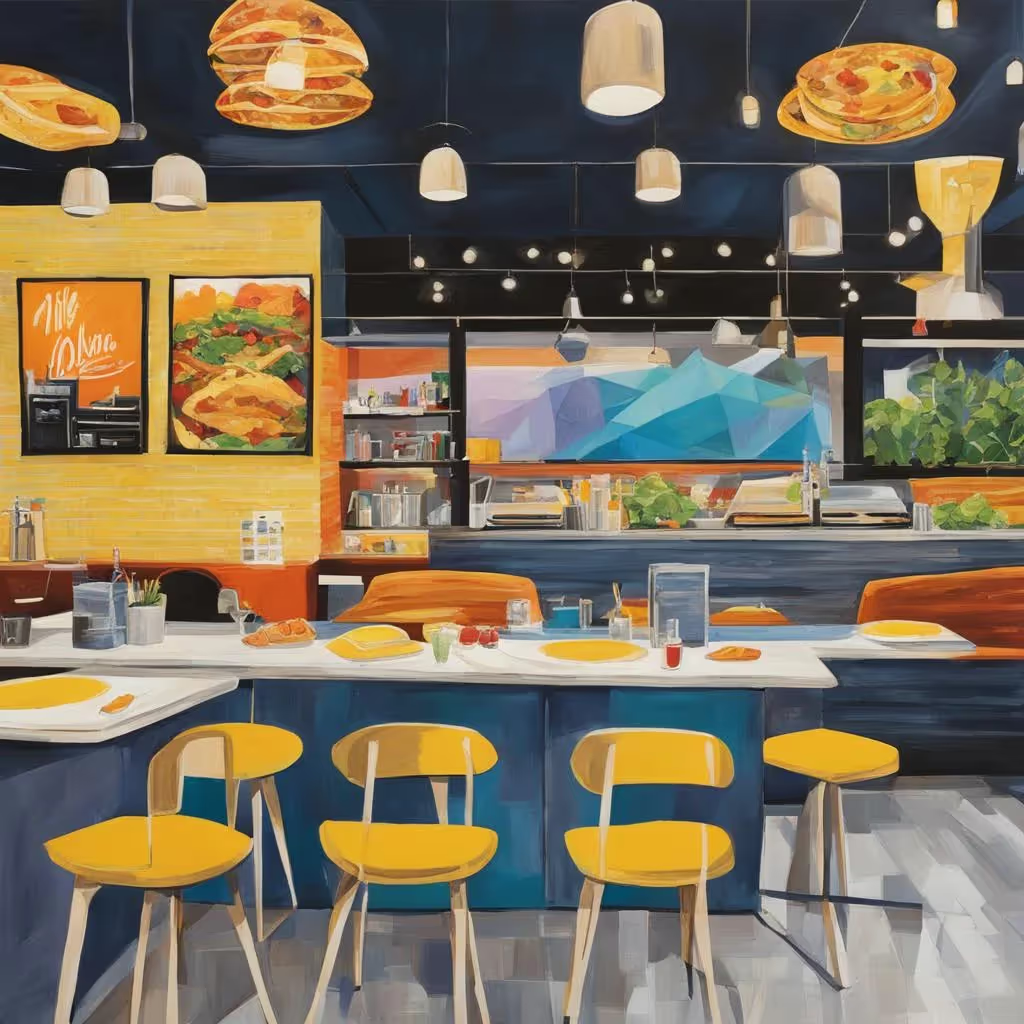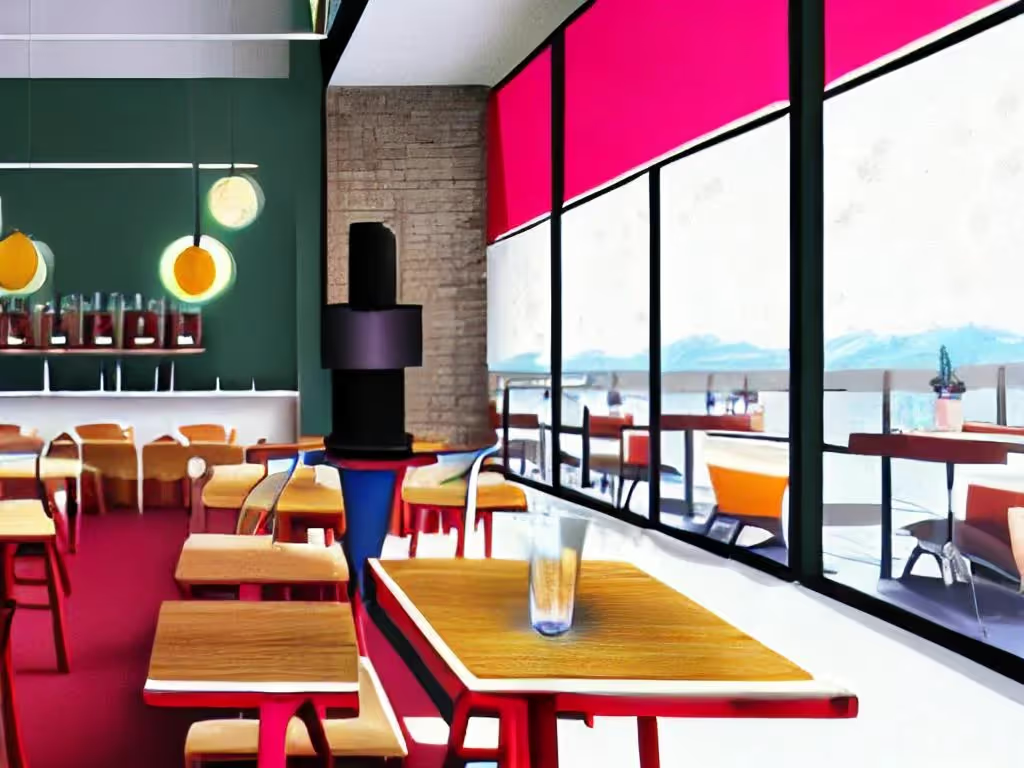TLDR
As digital ad spending declines, which platforms will be most advantageous for your business? Will you be able to maintain the same level of visibility and reach with customers? What should you do to stay ahead of the competition?
These are questions that all businesses in the hospitality industry should be asking themselves in today's digital age. With Google and Meta controlling less than 50% of digital ad spending, it's more important than ever to explore other avenues for attracting customers online.
In this article, we'll take a look at the current state of digital ad spending and how it's affecting the hospitality industry. We'll also explore some of the best ways to reach customers online and maintain visibility in a competitive market.
Online Advertising in a Privacy-Centric Market
You may have heard that Google and Meta's share of the digital ad market is declining. In fact, the two companies now control less than 50% of all online ad spending.
What does this mean for hospitality businesses? It's hard to say exactly. But one thing is for sure: as privacy and data security concerns continue to increase among consumers, these businesses will need to find new ways to reach their target audiences.
Google is still the most valuable media company in the world, but its position is starting to weaken. Meta has been aggressive in its efforts to expand beyond digital advertising and into other areas of the marketing industry. This could be a sign of things to come for Google.
The Economic Turbulence Following Google and Meta's Digital Ad Spending Decline
It has been a turbulent year for the digital ad market, with Google and Facebook's parent company, Meta, both experiencing a decline in revenue. Twitter and Snap have also seen their ad businesses decline this year, with Twitter attributing its drop to Presidential election spending and Snap citing a decrease in "swipe-up" rates. This all points to a general downturn in the digital ad market.
What does this mean for hospitality businesses? It's still too early to say for certain, but it's likely that we can expect to see lower advertising rates across all platforms in the coming year. Businesses will need to be more strategic about where they allocate their ad budget, and should consider other marketing channels in order to reach their target audience.
How App Tracking Transparency Has Impacted Hospitality Businesses
The decline in digital ad spending has had a direct impact on the hospitality industry since these two companies have long been the cornerstone of digital ad campaigns for many hospitality businesses.
Apple's App Tracking Transparency (ATT) framework has given users control over their privacy. This means that companies can no longer target ads to users without their consent, thus significantly reducing the effectiveness of digital advertising campaigns. As a result, it has become increasingly difficult for hospitality businesses to reach out to potential customers and, in turn, their sales have been affected.
Facebook was expecting a total of $59 billion in ad revenue for 2022 but now anticipate an estimated 10 billion dollar decrease due to the new privacy feature. All of this taken into consideration is why many hospitality businesses are scrambling for new ways to advertise their services in the wake of these changes.
Investing in TikTok Advertising
As Google and Meta's advertising dominance continues to decline, brands are now shifting their ad budgets from channels like Meta to newer channels like TikTok. With more than 800 million users, TikTok has quickly become one of the most important platforms when it comes to driving brand awareness.
The best part is that TikTok offers a unique revenue share for advertisers, which allows them to make money while they are promoting their products or services. For example, businesses can choose between paying a flat fee per impression or paying a cut of their sales when an ad is clicked on by someone in the app.
The potential for hospitality businesses to benefit from this type of advertising model is huge as it enables them to reach new audiences and generate more revenue in the long run.
Creating a Dynamic and Engaging Online Presence
With the digital ad spending retracted by giants such as Google and Meta, hospitality businesses have more opportunities to gain visibility and create a dynamic and engaging online presence. Digital presence links your offline business with consumers and keeps your brand front of mind. It provides an ideal platform to communicate with consumers, build relationships and provide unique offers.
Also, delivery apps like DoorDash and Uber Eats provide increased online presence & customer reach to even the smallest businesses. This will help them compete more effectively against much bigger rivals in similar markets.
Finally, this decrease in Google and Meta’s digital ad spending could provide smaller hospitality businesses the chance to advertise cost-effectively. This could equate to lower costs but improved brand awareness for those who embrace a better digital strategy. In turn, this should result in increased sales for these businesses.
Conclusion
What all this boils down to is that, as the digital ad spending market becomes more privacy-centric, businesses in the hospitality industry need to be agile and find new, innovative ways to market their services. They can't rely on Google and Meta to monopolize the market and bring in leads and customers. Instead, they need to turn to innovative platforms like TikTok to get their message out there.
Delivery apps like DoorDash and Uber Eats are also good advertising channels so long as the store has a way to re-engage those customers through their own channels (eg: a website or branded mobile app).
Times are turbulent, but that doesn't mean businesses in the hospitality industry can't thrive. They just need to be open to change and willing to experiment with new platforms and strategies.


.webp)


.webp)
.png)
.webp)

.avif)
.webp)
.webp)
.webp)

.webp)










.png)
.png)







.svg)
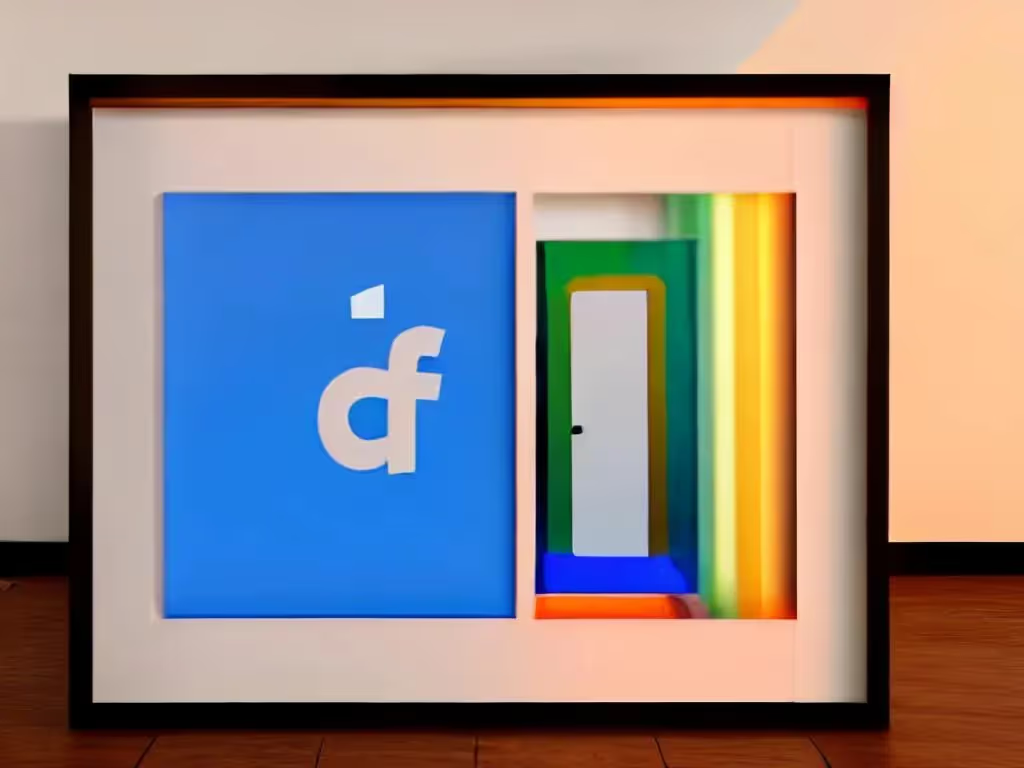




.svg)
.svg)
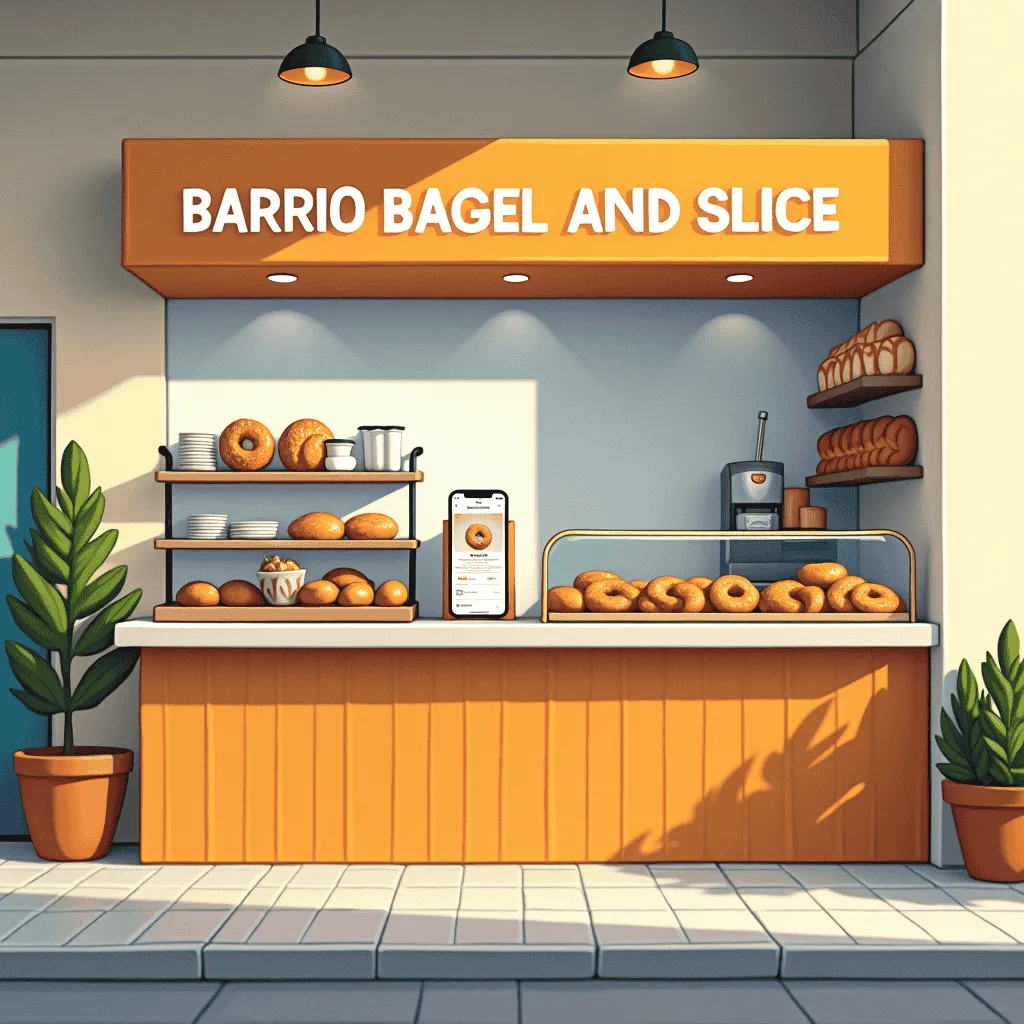


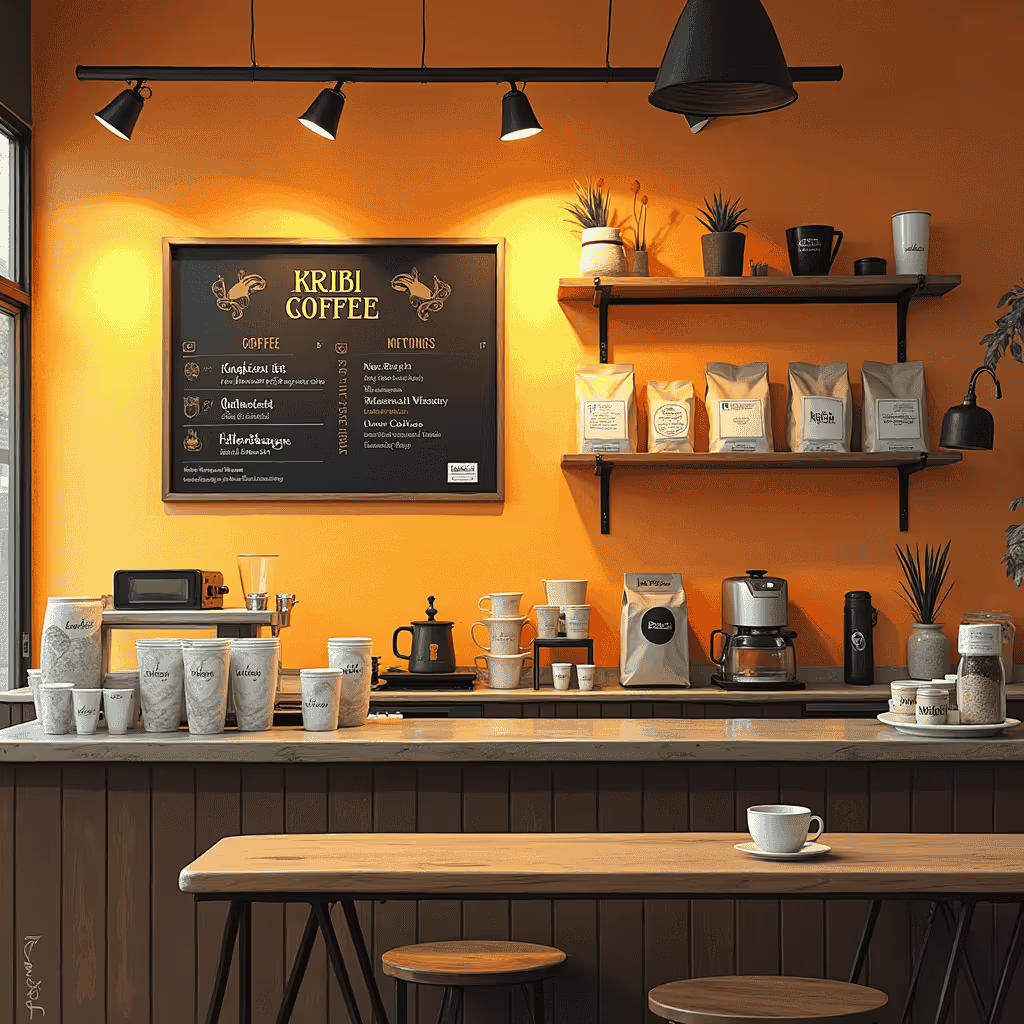
.avif)
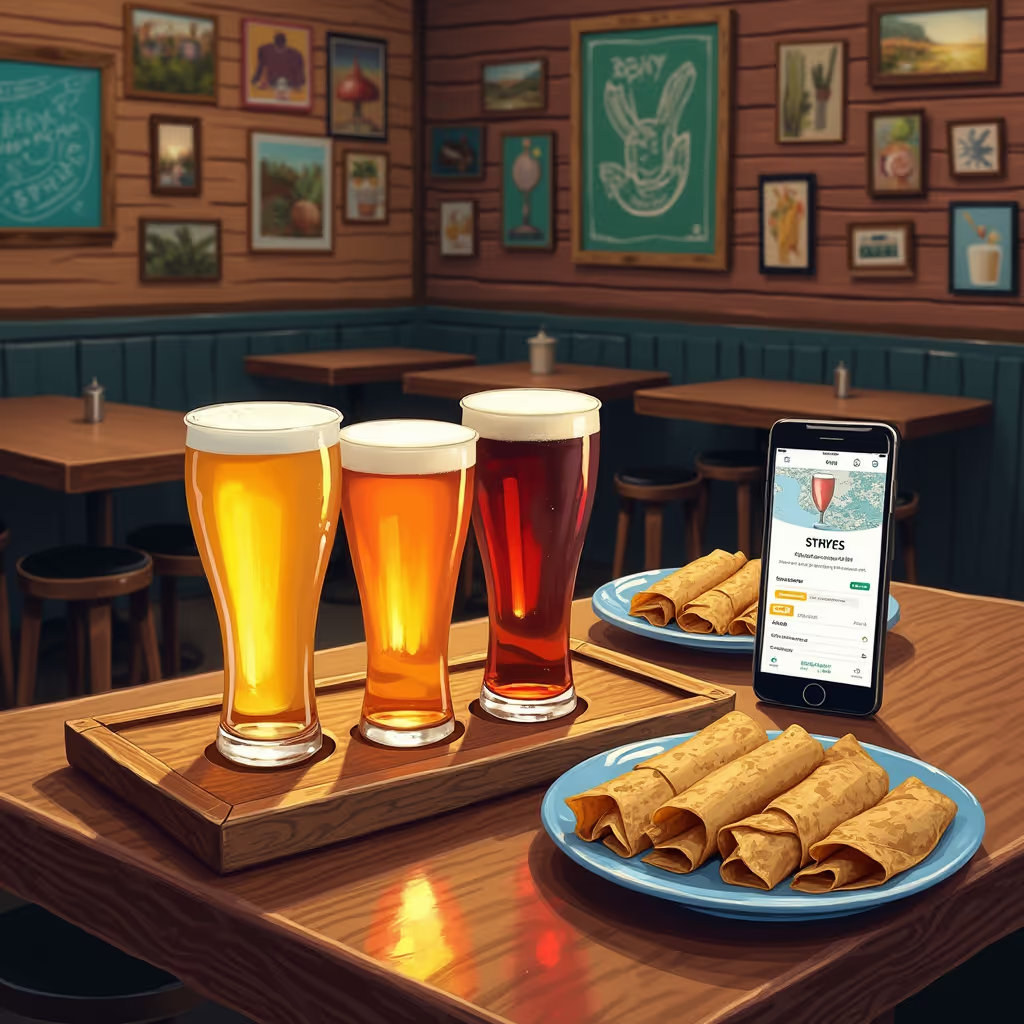
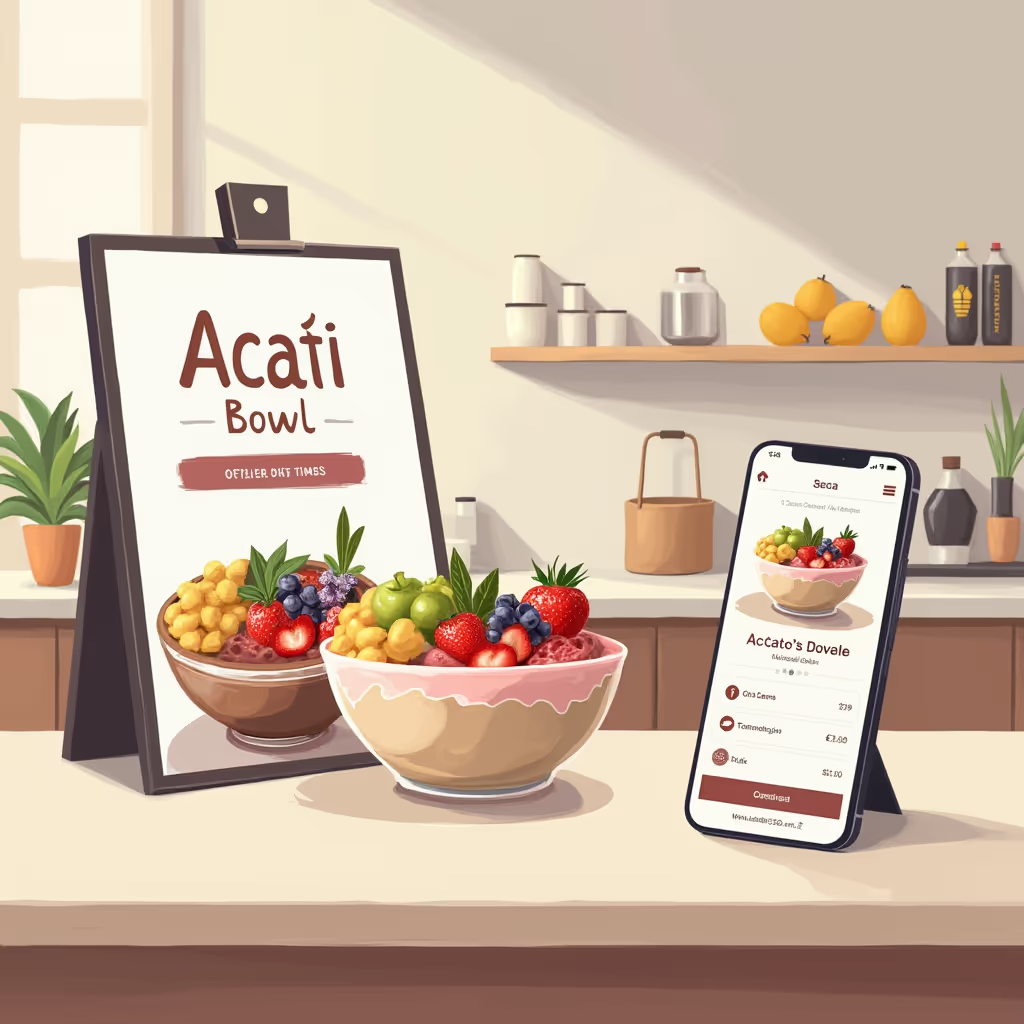

.avif)
.avif)
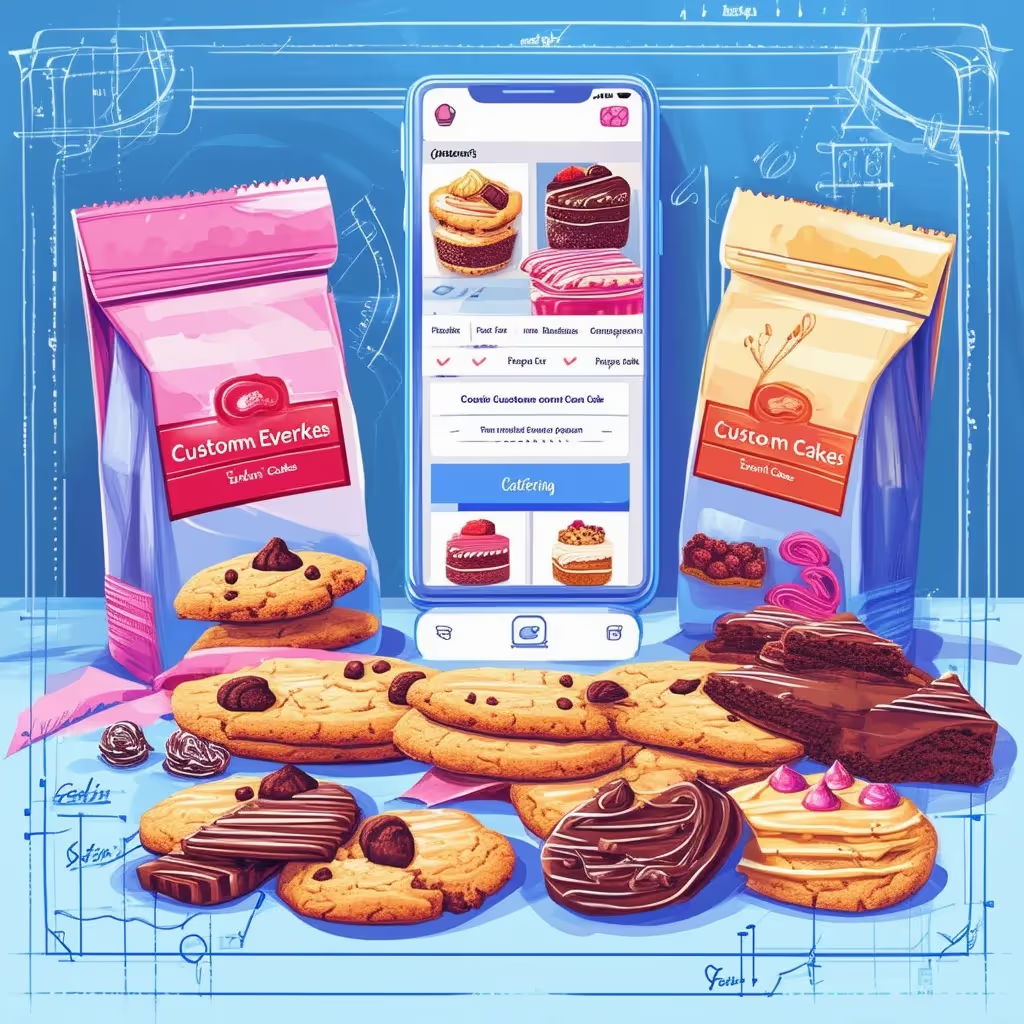
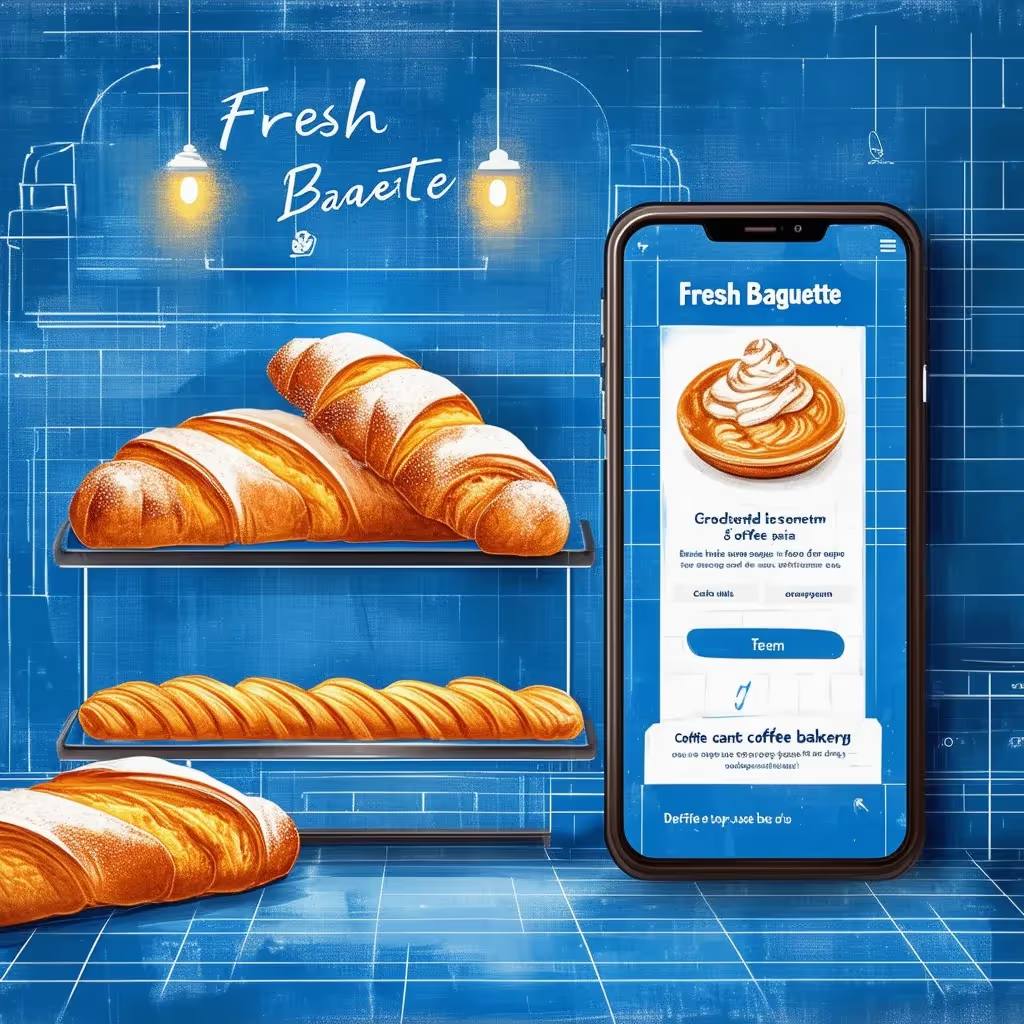
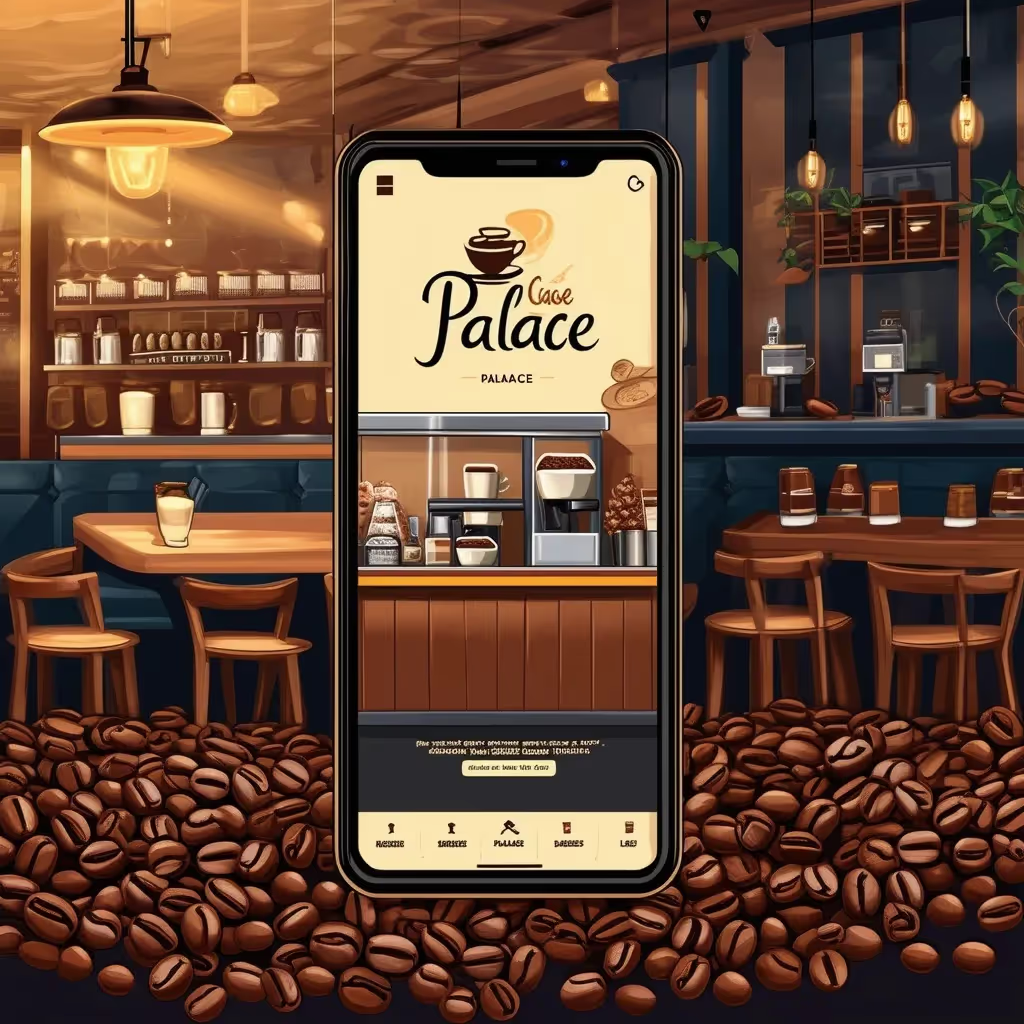
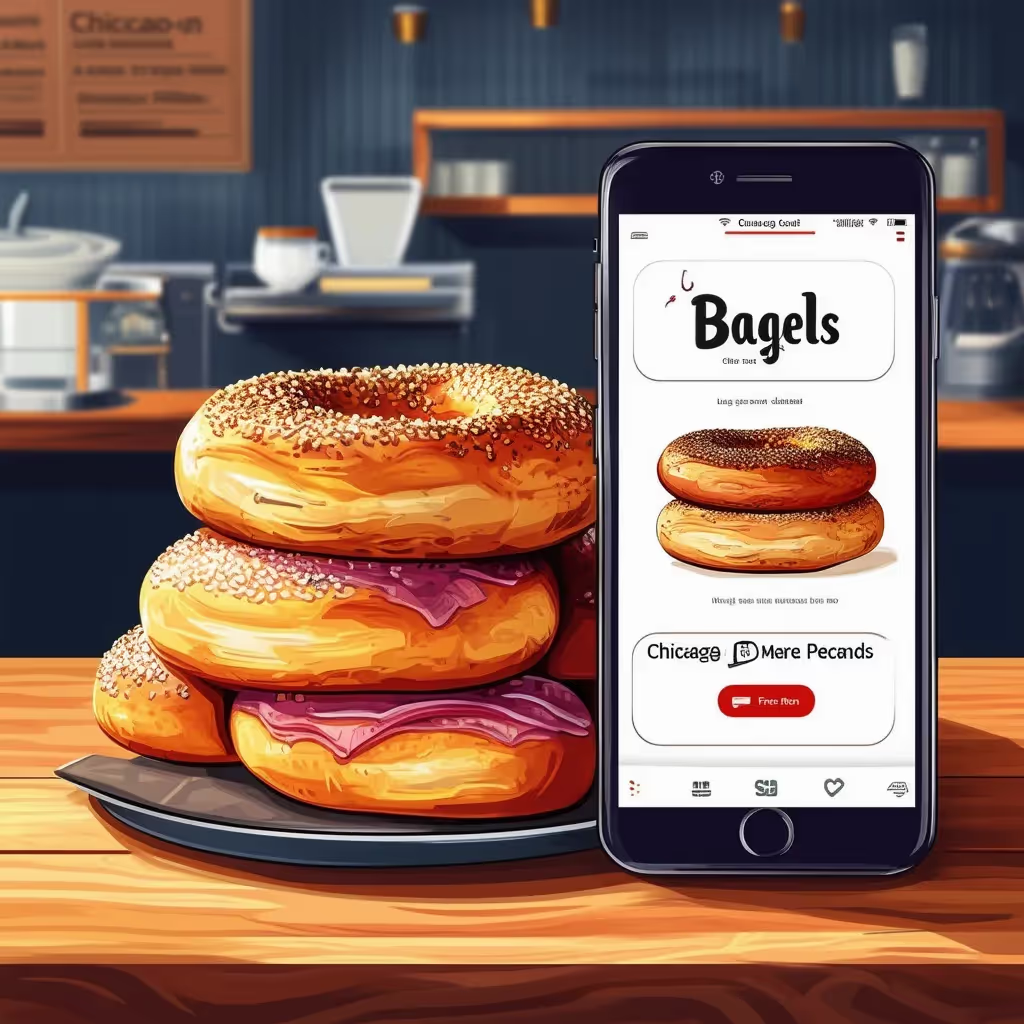
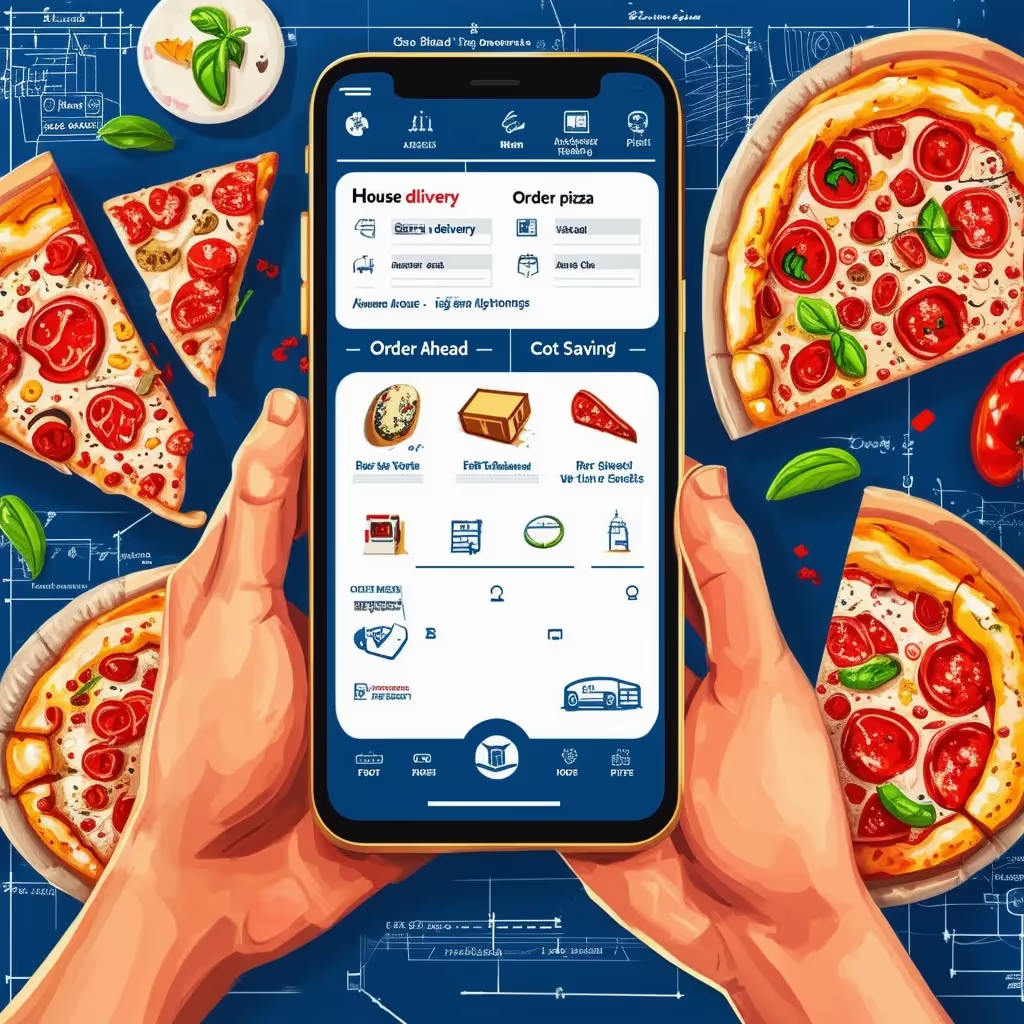



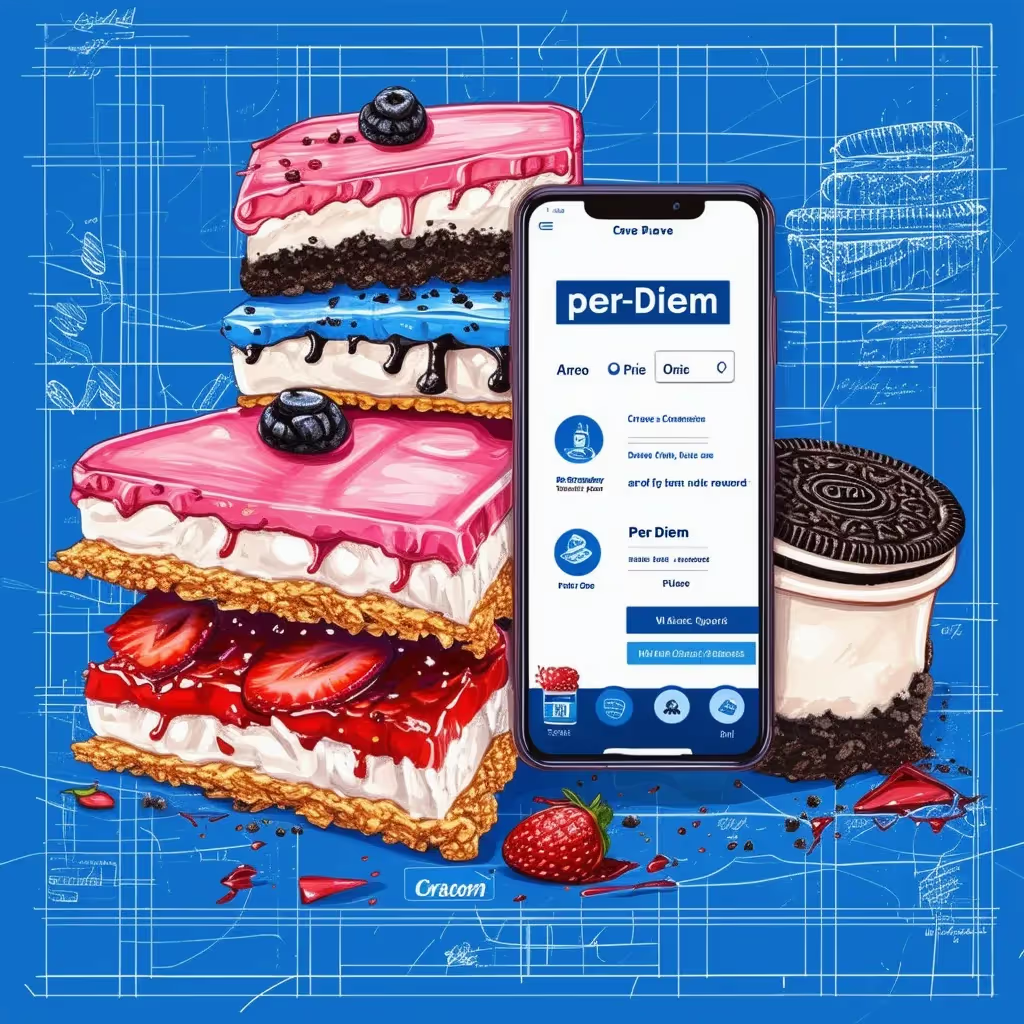
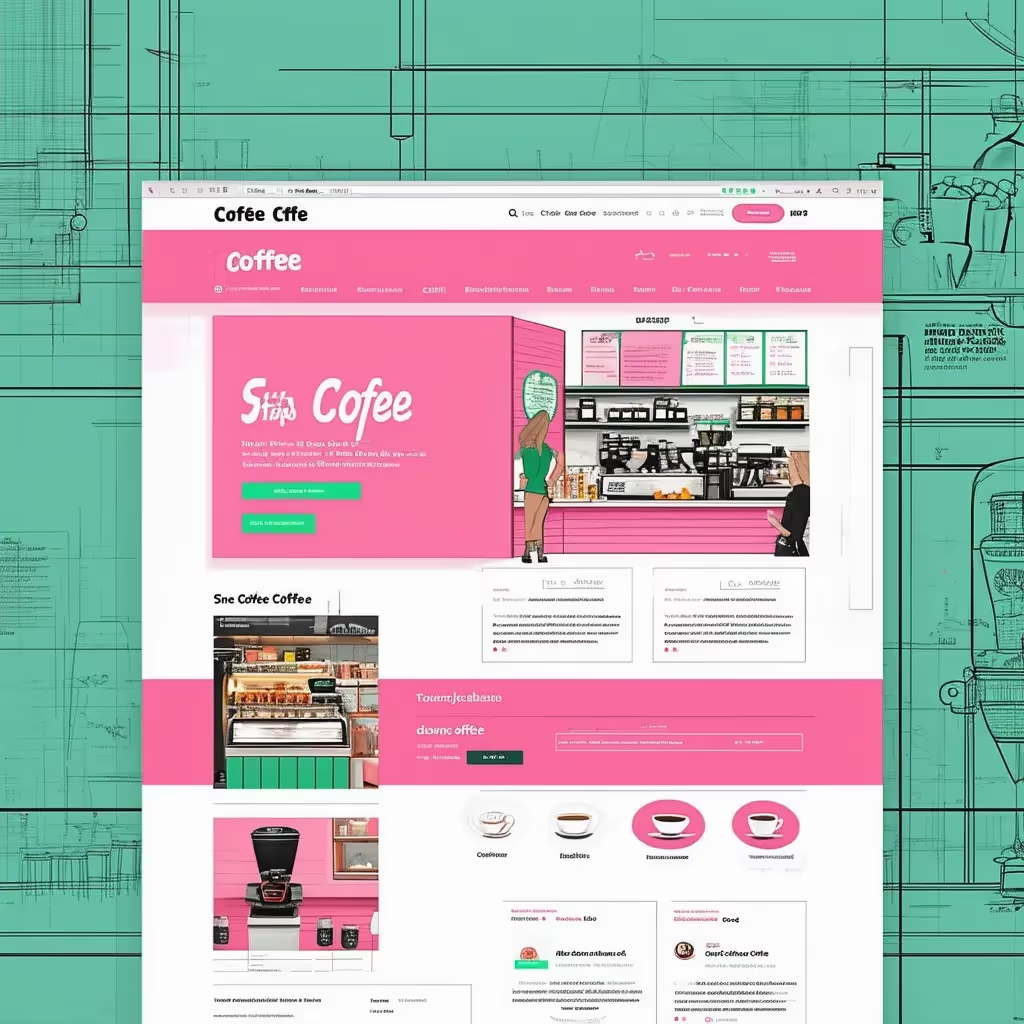
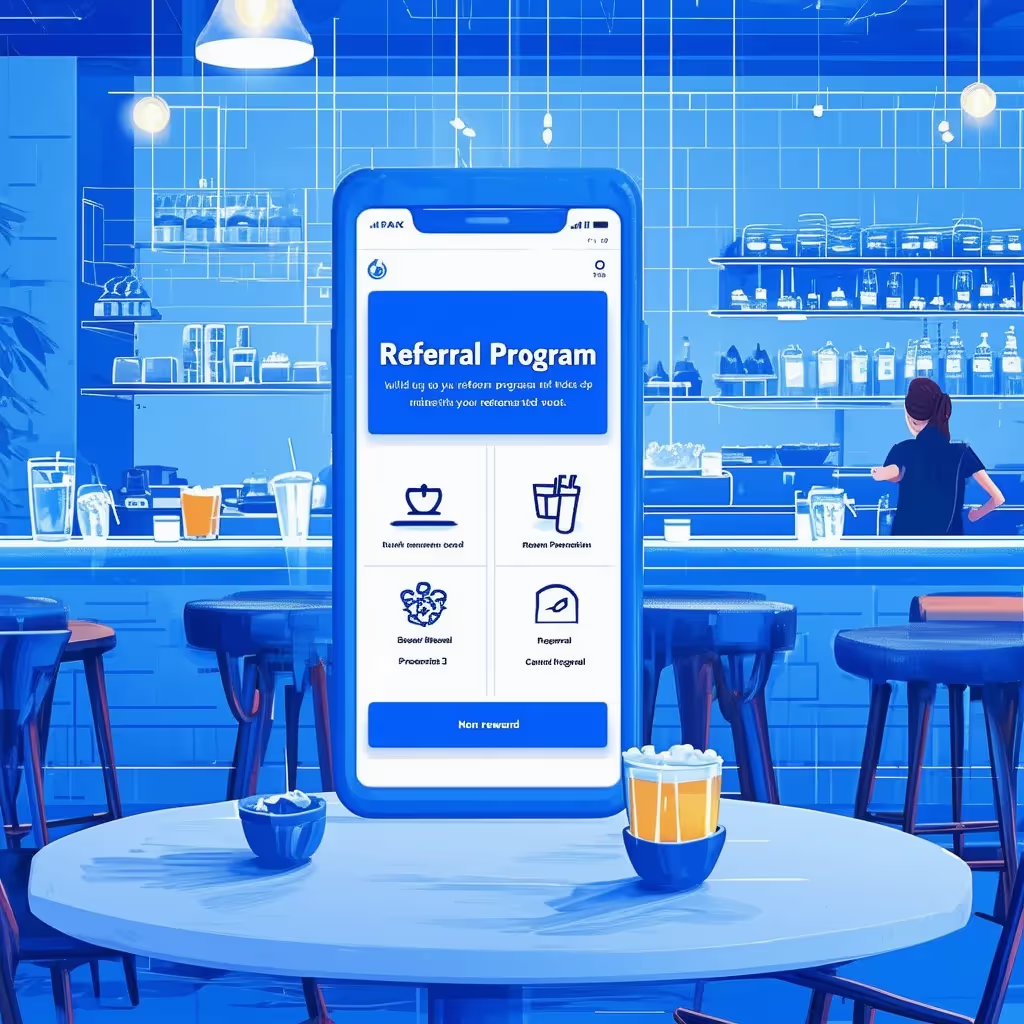



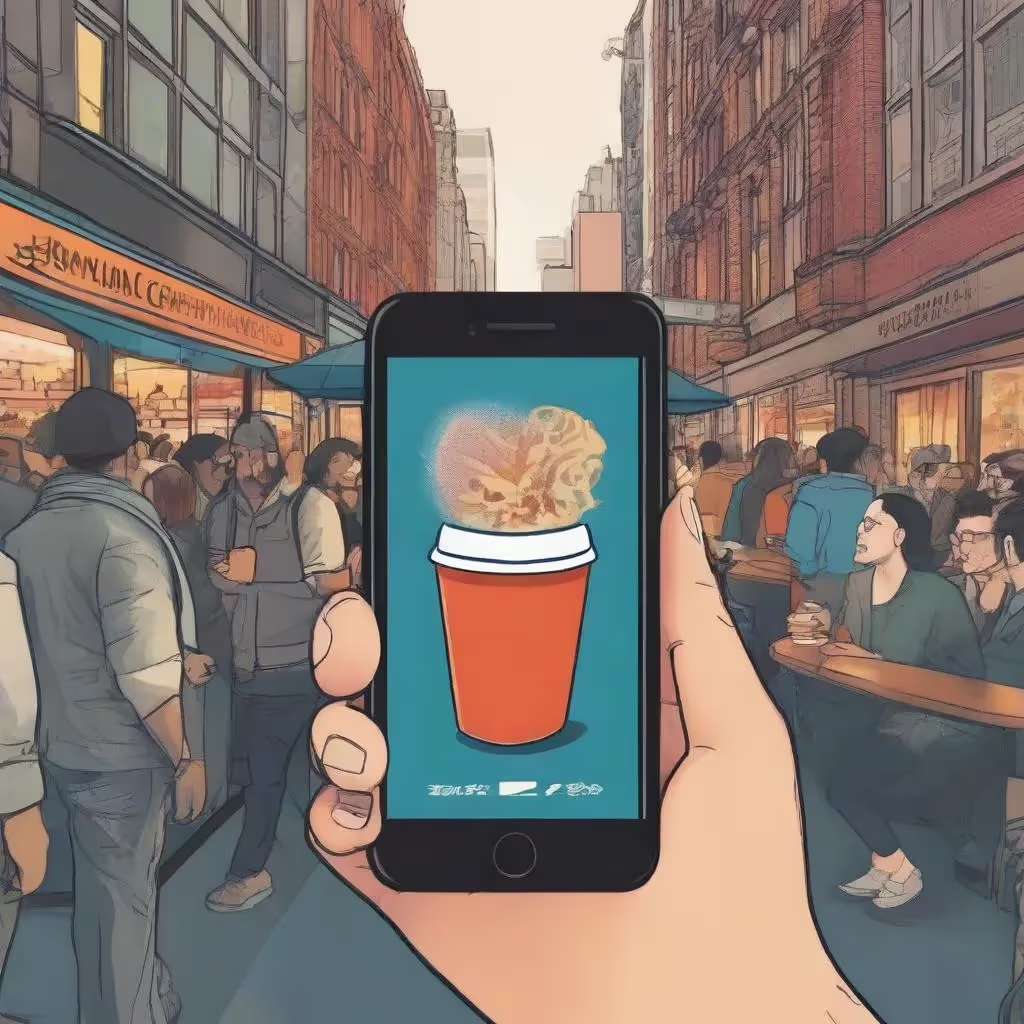
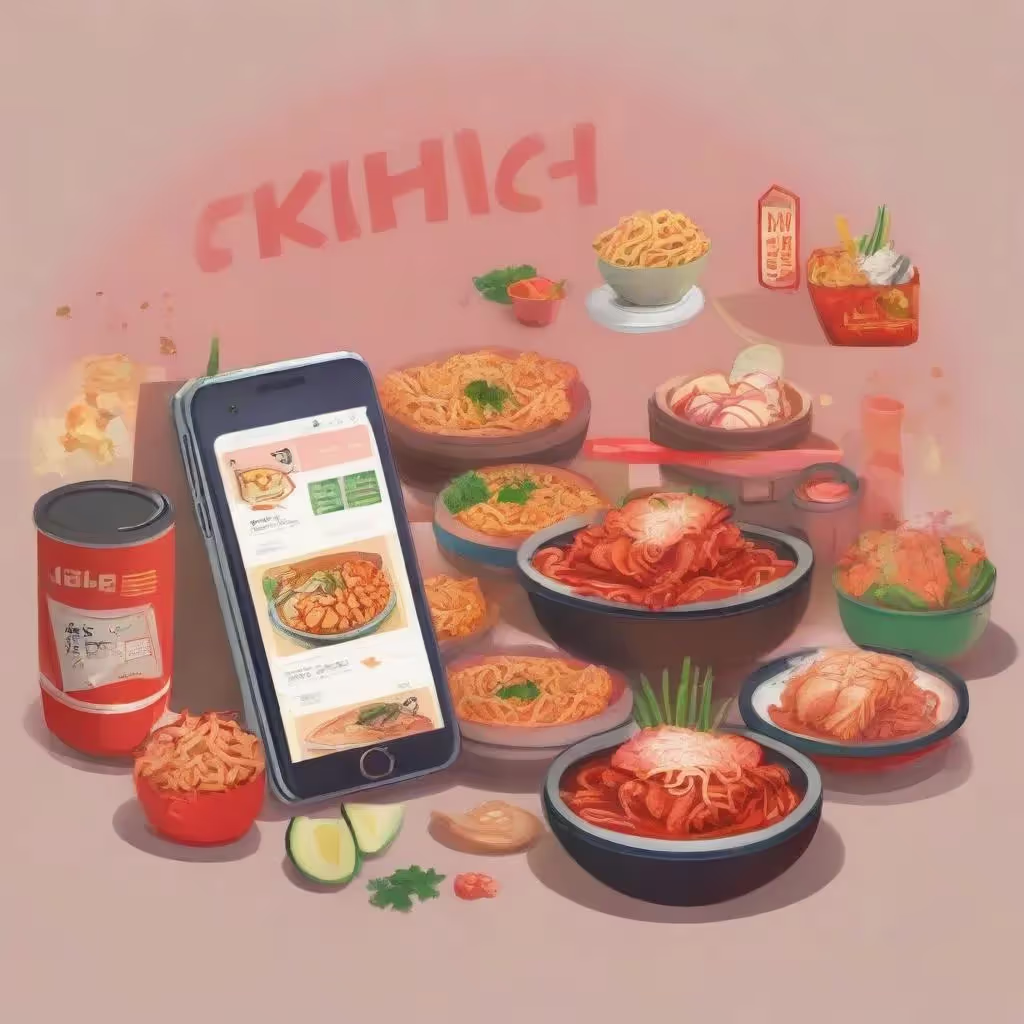
.avif)
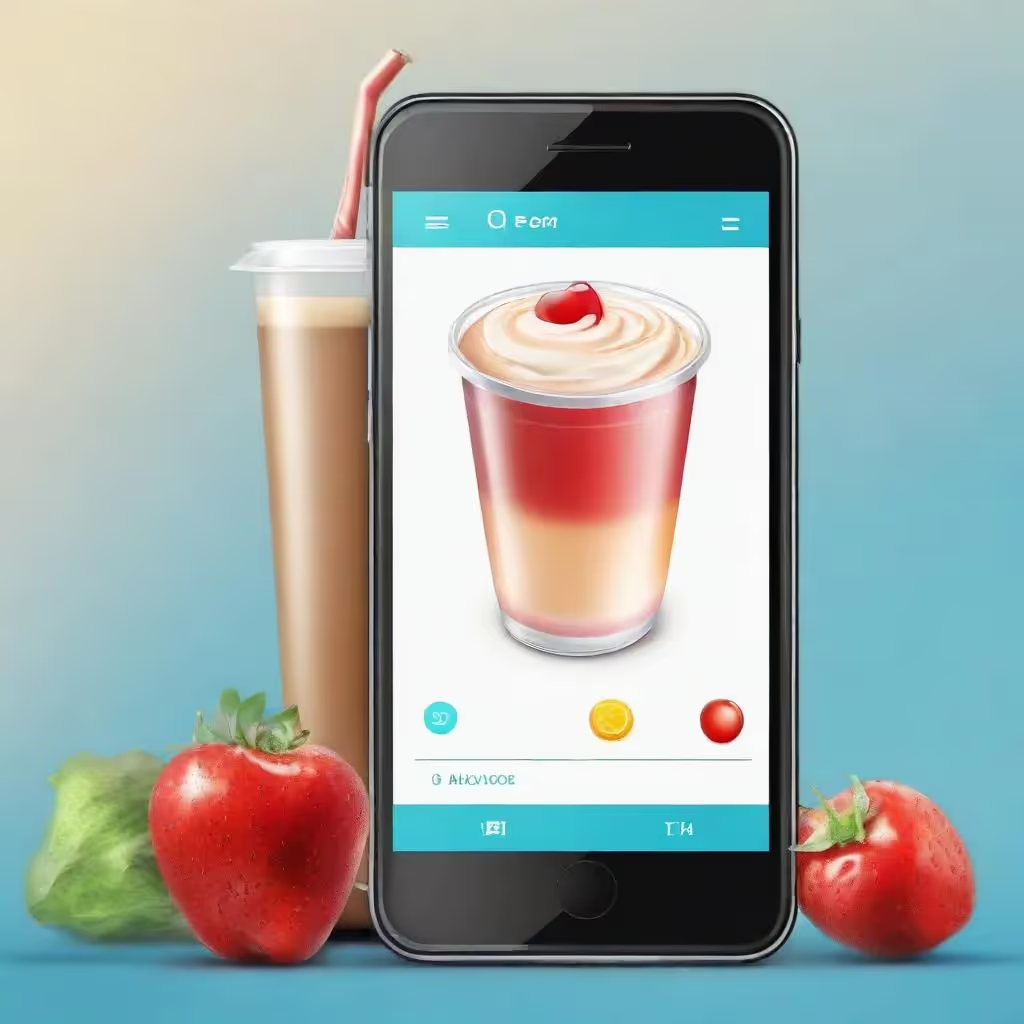



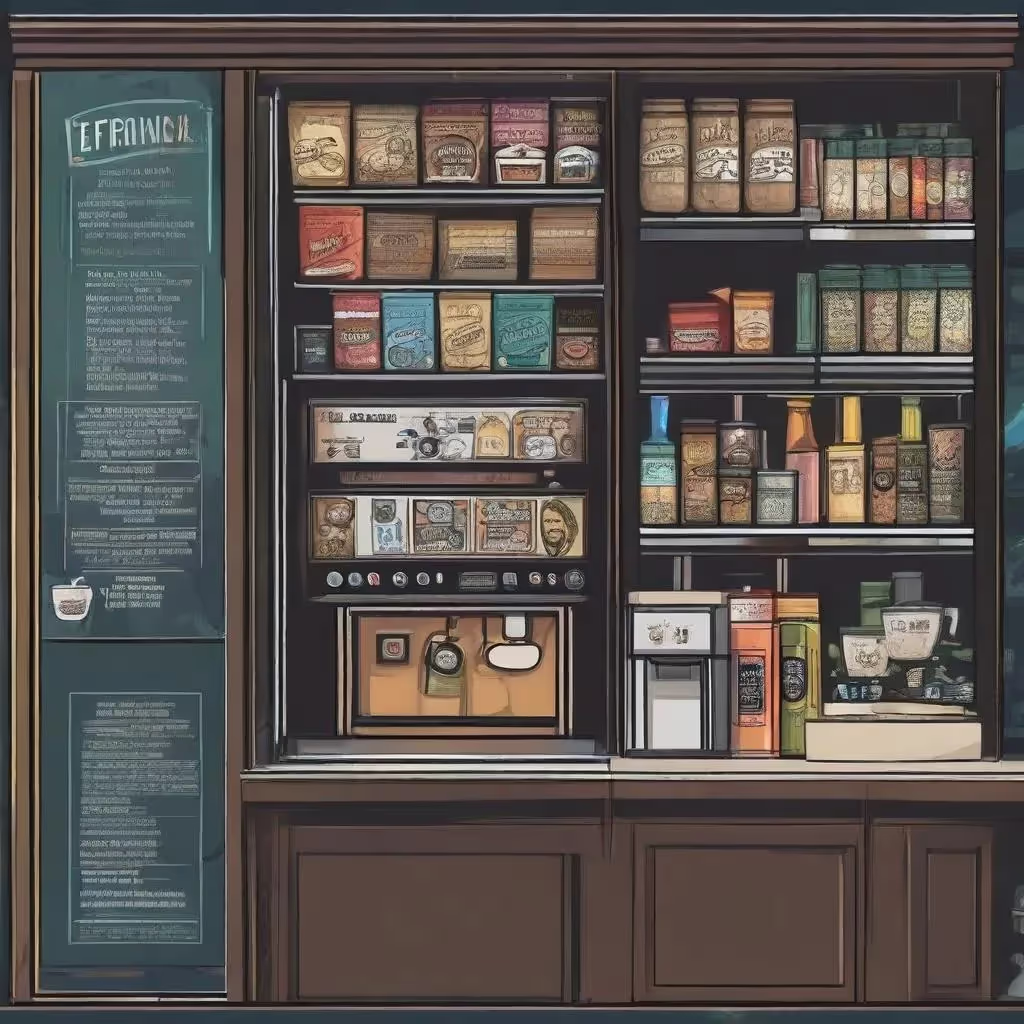
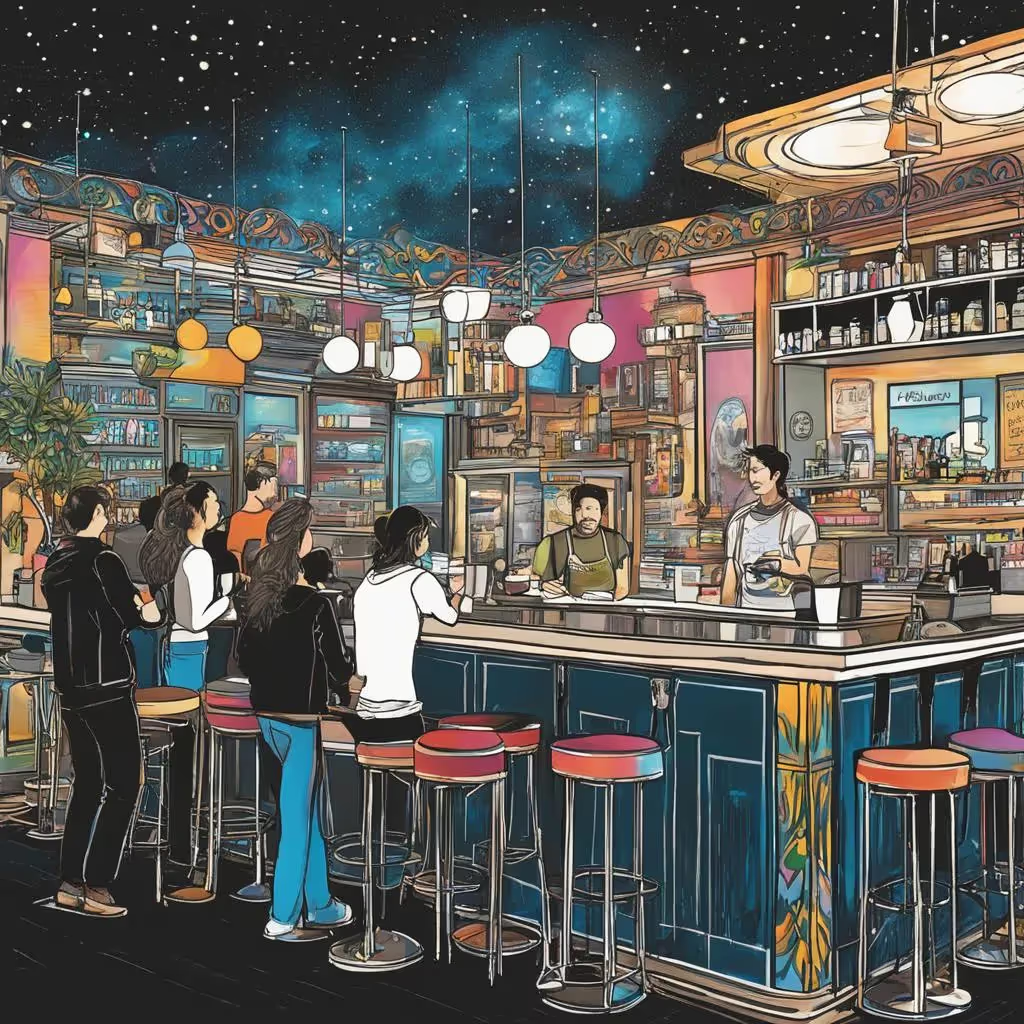


.avif)

